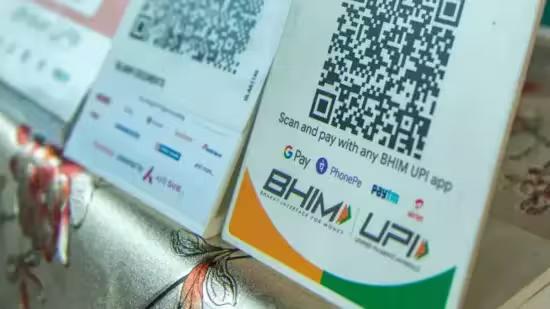
Trinidad & Tobago becomes the first Caribbean nation to adopt UPI
In a significant move, Trinidad and Tobago has become the first Caribbean country to adopt Unified Payments Interface (UPI), India’s flagship digital payment platform. This milestone achievement was made possible during Prime Minister Narendra Modi’s two-day official visit to the Caribbean nation. The adoption of UPI marks a significant step forward in the country’s journey towards a cashless economy, and it is expected to have a profound impact on the way people make transactions in Trinidad and Tobago.
For the uninitiated, UPI is a real-time payment system launched by the National Payment Corporation of India (NPCI) in 2016. It allows users to send and receive money using a unique identifier, such as a mobile number, Aadhaar number, or a virtual payment address. UPI has revolutionized the way people make payments in India, and it has also been adopted by several countries around the world.
The adoption of UPI in Trinidad and Tobago is a significant development, not just for the country, but also for the region as a whole. The Caribbean region has been grappling with the challenge of implementing digital payment solutions, and the adoption of UPI is expected to provide a much-needed boost to the region’s digital payment ecosystem.
During Prime Minister Modi’s visit to Trinidad and Tobago, the two countries also agreed to explore further collaboration in the implementation of India Stack solutions, including DigiLocker, e-Sign, and Government e-Marketplace (GeM). India Stack is a set of APIs that allows for the creation of various digital services, such as digital locker, digital signature, and digital payment. The adoption of these solutions is expected to provide a significant boost to the country’s digital infrastructure and make it easier for citizens to access government services.
The adoption of UPI in Trinidad and Tobago is a testament to the growing partnership between India and the Caribbean region. In recent years, there has been a significant increase in the number of collaborations between the two regions, particularly in the areas of technology and innovation.
One of the key benefits of UPI is its ease of use. The platform allows users to make payments using a unique identifier, such as a mobile number or Aadhaar number, which makes it easy to transfer money. UPI also allows users to make payments using a virtual payment address, which is a unique identifier that is assigned to the user’s bank account.
Another key benefit of UPI is its security. The platform uses a secure authentication process to ensure that transactions are secure and reliable. UPI also uses a two-factor authentication process, which requires users to enter a one-time password (OTP) sent to their mobile number to complete the transaction.
The adoption of UPI in Trinidad and Tobago is also expected to provide a significant boost to the country’s digital payment ecosystem. The platform is expected to increase the use of digital payments in the country, which will help to reduce the use of cash and make it easier for people to make transactions.
In addition to the benefits it provides to individual users, the adoption of UPI is also expected to have a significant impact on the country’s economy. The platform is expected to increase the use of digital payments in the country, which will help to reduce the use of cash and make it easier for businesses to operate.
In conclusion, the adoption of UPI in Trinidad and Tobago is a significant development that marks a new era in the country’s journey towards a cashless economy. The platform is expected to provide a significant boost to the country’s digital payment ecosystem and make it easier for people to make transactions. It is also expected to have a significant impact on the country’s economy, increasing the use of digital payments and reducing the use of cash.
Source:



